INTERVIEWED BY AMANITA SEN
AS: As a bilingual poet, writing both in Bengali and English and also being a translator, critic of literary works what virtues do you think a person should have, to write on consistently?
BC: Thank you for asking me to share some interesting thoughts with you though I am not sure about my wisdom… (laughs). It may sound a bit cliched but I believe that a poet is born as a poet with the requisite number of grey cells in his writing centre but cannot be manufactured in a workshop or a laboratory. I am not talking about the AI generated robot though. By and large, you should have passion for the verses, a love for nature and humanity plus some X-factor that remains unexplained. But you must develop some skill of writing poems, your own signature style and some other qualities and that comes from repeated reading of classical work and continuous writing… There is no alternative to hard work however talented and skillful you are or have been. And you can’t take a long break from poetry. When you are unable to write original poems… (and, this can happen to anyone), sit down and rewrite your old poems in a different form or try to translate some poet you love in a different language. It works wonders…
AS: A poet having more than a score of books to your credit, how do you assess the readership of Bengali poetry in this current decade? How do you think it has changed over time?
BC: In general, the readership of literature is in a state of decline… everywhere. Poetry has always been a poor daughter of the family. Only a few jump where the angels fear to tread. And only very few become successful. Bengal has a tradition of producing more poets than poetry readers. But publishers are less interested about making a poetry collection. In this scenario, paid book, self-financed book and print on demand mode of publishing has become quite popular now. Which is not a good advertisement for the future of a budding writer or an aspiring publisher.
AS: What changes have you noticed in the poetry scene of the city of Kolkata, where you belong, from the days you began writing when it was under the communist government to now?
BC: I see no major change in the poetry fraternity of Bengal or Kolkata. It had been under the control of a big publishing house and a few renowned names of the period… and unfortunately, this saga continues. For the second part had there been a communist government in India, ever, in any state? I know about the Maoist Government in Nepal for a short period but what happened in West Bengal or Kerala or Tripura was a so-called left minded government with or without alliance in a strictly democratic form abiding by the rules of constitution under a Central Government. But yes, there is no appreciable change in their attitude to art and culture. Some leaders in West Bengal were against the freedom of expression during the emergency period 1972- 77 but no leftist chief of the state had put an embargo on writing. Otherwise, so many anti government writing and speech in print and electronic media could not have surfaced openly during the Singur – Nandigram era.
AS: Who are the poets whose writings you have admired and drawn inspiration from? What are you currently reading?
BC: If you ask me about my favorite Bengali poets who have inspired me there are so many that the list will be infinite. To cut it short, I would stay with our own Rabindra Nath, Jibanananda Das, Subhash Mukhopadhya, Shakti Chattopadhya and Sankha Ghosh as complete poet. But people may differ. For sonnets I got inspired by Michael Madhusudan Dutta and Sudhindra Nath Dutta and I can’t forget the skillful earlier poems of Joy Goswami or the post-modern most complex poetry of Utpal Kumar Basu. Feminist poems of Kabita Singha or Mallika Sengupta or more liberated Debarati Mitra are also worth mentioning. Still there are so many poets that I admire and love reading… I must apologize to you all for not being able to mention your name individually in this small space. In English I am a fan of Shakespeare, Auden, Eliot in particular but Sylvia Plath is one poet I love to read time and again. The poets who have influenced me to write in English are only a few… I can think of Orhan Velli Kanik, a Turkish poet, Pablo Neruda & the one and only my poetry god, Dylan Thomas. Now I am reading more prose than poetry like Joyce, Updike and Pamuk trying in vain to improve my blunt prose writing skill.
AS: To be a literate Bengali, means to carry a little bit of Tagore in our hearts. Our relationship with his writings evolve over time. What do Tagore’s songs mean to you now? If you have to cite one song that you often go back listening to, what would it be?
BC: I was born in a family of Rabindra Nath… Not Tagore but Chatterjee. Jokes apart, my mother was a follower and singer of Tagore songs. She had established a school “Naibedya” and I was brought up in that atmosphere where Tagore was omnipresent. I owe my lyrical poetry to Tagore songs and if you ask me one single song among so many I love I would say… Esechile tobu aaso nai janaye gele... The beauty of the lyric, the oxymoron and the visual… Oh my God. I get mesmerized when I listen to this song. I think it is a wonderful poem as well.
AS: How do you think your profession as a diligent medical practitioner influence your writing career?
BC: Being a quiet and lonely person, my experience of people had been minimal. Besides, I had only a few friends in my childhood. So, my life as a medic has taught me to interact with people in distress and their family. I was able to explore a new and unknown world and this expanded my experience of various people in different situations… and that helped my writing immensely. Had I not been a doctor probably I would have written only a few synthetic poems, that’s all. My love and quest for the subject of psychology, has also helped me in the journey to the centre of the mind.
AS: How do you deal with writer’s block? What all should be included in your day to call it an ideal one?
BC: Writer’s block is a coinage for the idle workers. Obviously, you can’t write day and night every day. If you are physically tired, what do you do? You take a bit of a breather. If you are mentally drained, sleep it off and bring your dopamine and good endorphins back in your system. Don’t write for a while, stroll in a park, drink a cup of coffee. Come back home refreshed. Do some translation of your favourite poet and you are back in your groove.
AS: Which books of yours would you recommend to the readers of Bengali poetry, if asked to select four from the many that you have authored? What would be the basis for the decision?
BC: My first poetry book… Trishnar Kache Jabona, I would recommend that book to everyone who loves poetry. It is a raw book, I know it is technically imperfect but still it carries the romance of childhood, the nuances of a new adolescent world, the scars of Naxalite movement. Besides it is my first child, I had felt the true labor pain when it came out. And it was published by no other than the great Sandipan Chattopadhyay, the then Bengali icon. So you know how it feels. Among others, I would name Majhe Majhe Kar Kache Jabo because the book was rewarded with the maiden Bangla Kobita Academy Puroskar. Sashanker Mrityu Nei is another book that got the prestigious Utpal Kumar Basu Smriti Puroskar and if I am not wrong you were invited to sing in that ceremony. Last but not the least, is my last published poetry book Kobita Sangraha which includes first five poetry books and many unpublished poems from my writing in the last decade. Possibly I have explained the reason for selecting these four books but I am sorry to my other books so dear to me for their non selection.
AS: What would be your advice for an aspiring poet?
BC: Who am I to give advice when the aspiring poets in Bengal can teach me a lesson or two about the art of getting published in a big house, or perhaps, the art of getting a prestigious award so and so forth. My advice for the aspiring fools who still believe that poetry is a temple and we should worship there on a regular basis. These are my simple tips you are free to ignore. Keep reading poets who are time tested again and again. Write, wait, edit, wait and when you are absolutely confident send it for publishing. Stay away from groups. Sharpen your skills. Try different ways to write a single poem. Wait. You may be a bit late but who knows? You may become the next big thing without a ladder or a leader… Wish you and the Antonym family all the very best.
Also, read A Review of I, Salma Selected Poems by Amanita Sen, Translated from The Tamil by K Srilata and Shobhana Kumar and published in The Antonym:
Follow The Antonym’s Facebook page and Instagram account for more content and exciting updates.

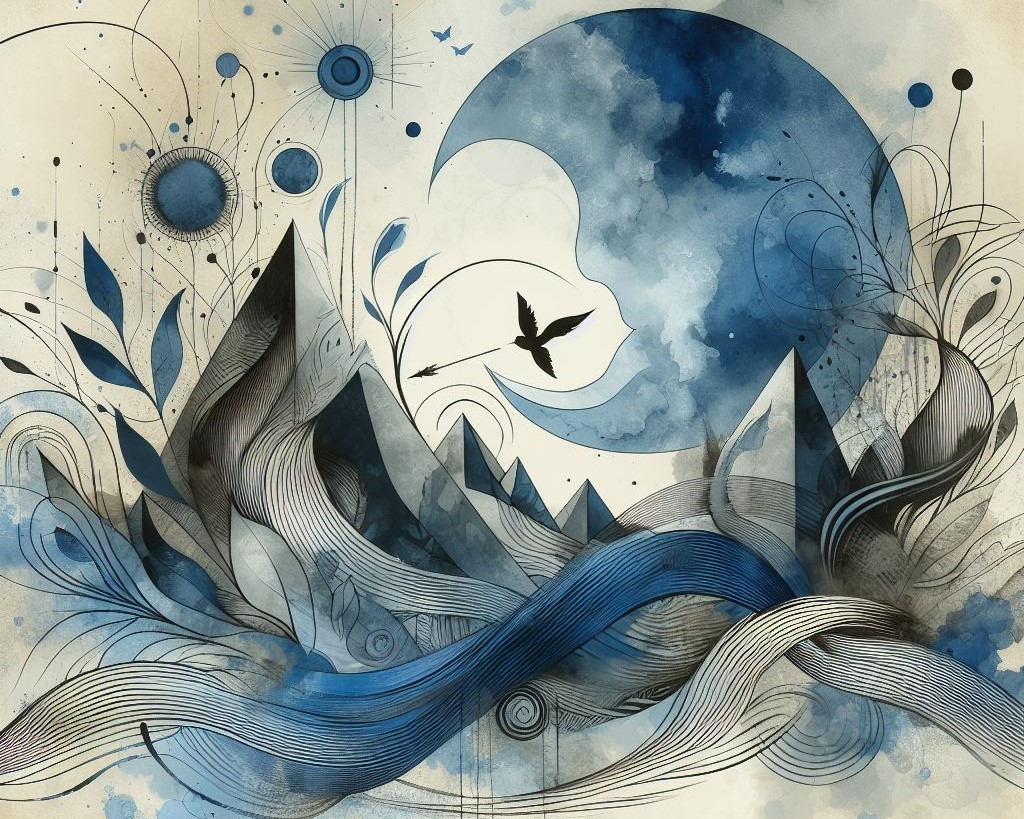
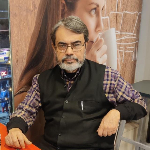
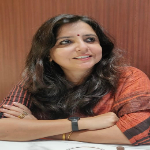










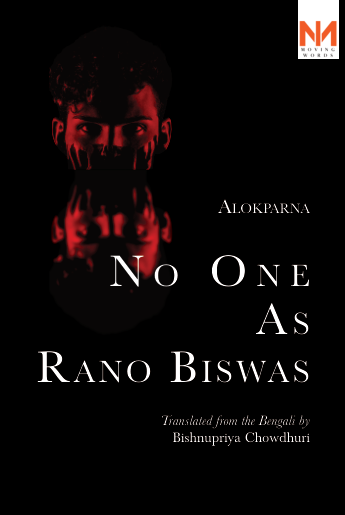
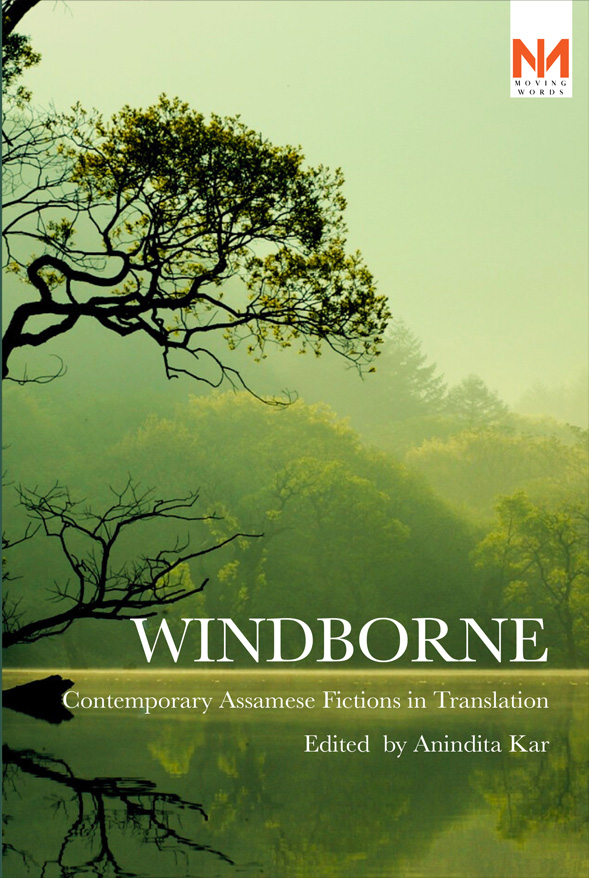
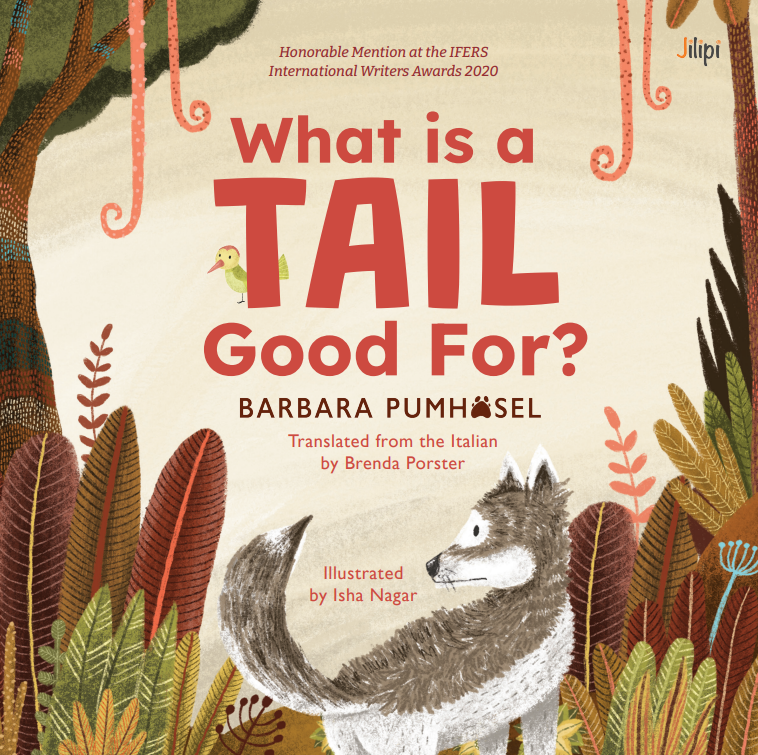















0 Comments